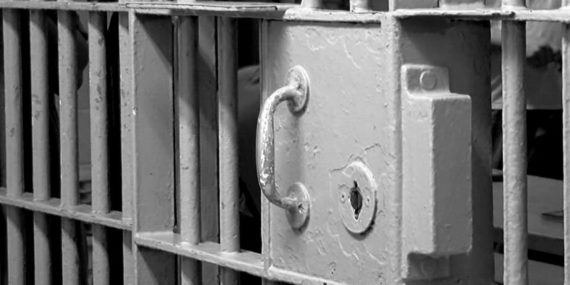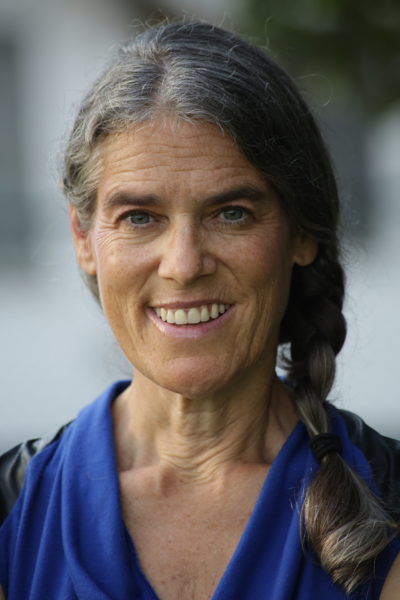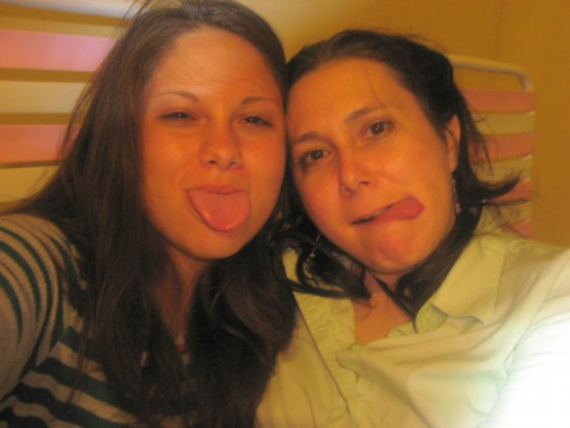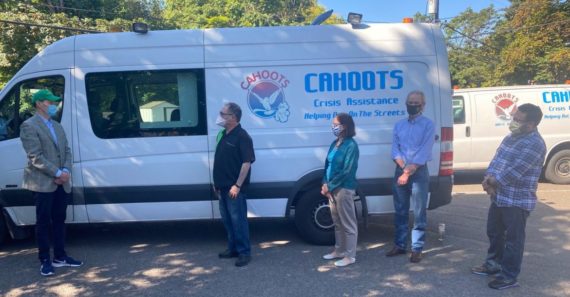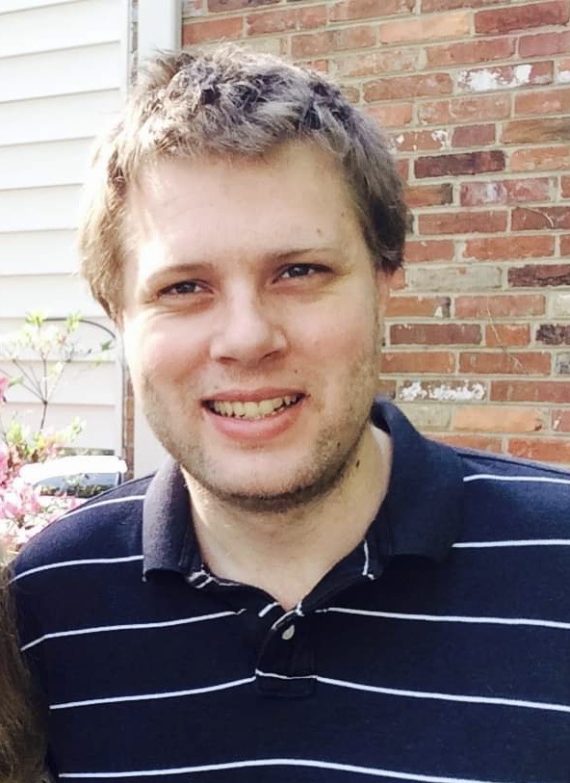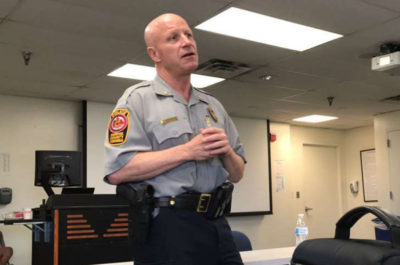
Fairfax Police Chief Edwin C. Roessler Jr., retiring. WTOP photo
Chief Roessler Was Among First To Openly Discuss Police Suicides. Also Courageously Condemned Officer Who Used Taser Unprovoked On Delusional Man In Crisis
(11-6-20) Fairfax County (VA) is losing a strong and unwavering advocate for individuals with mental illnesses.
Fairfax County Police Chief Edwin C. Roessler Jr. announced this week that he will retire in February after eight years as chief, bringing a close to a nearly 30 years career in law enforcement.
In addition to pushing for Crisis Intervention Team training inside his 1,402 member department, Chief Roessler demonstrated his commitment to ensuring that individuals with mental illnesses be treated decently when he publicly condemned the actions of one of his own officers in June.
Chief Roessler said he was “disgusted” after an officer marched up to an adult male with a history of mental illness and shot him with a taser without provocation before pinning him to the ground. The man had been speaking nonsense and walking in circles in the street. The officer was criminally charged with assault.
Shamefully, but predictably, the Fairfax Fraternal Order of Police expressed outrage and demanded Chief Roessler resign rather than recognizing that one of their own could have better handled the call. That grumbling continues today.
The incident attracted national attention, in part, because the officer was white and the victim was black. In Fairfax County, use of force by police disproportionately affects Black people: 2019 data show that Black residents make up less than 10% of the county’s population, but are involved in 45.6% of police use-of-force incidents.
Chief Roessler’s courage in publicly condemning his officer’s use of force reflected the chief’s long-held concern about how individuals with mental illnesses are viewed and treated. That concern applied to those within police ranks as well as the citizens the police had sworn to protect. Under his direction, the police department produced a video called “Consequences of the Badge” that featured interviews with Fairfax County officers who either had contemplated suicide or had lost a fellow officer or loved one because of a suicide. Chief Roessler was among the first to break the code of silence about police suicides by speaking nationally about suicide by officers. In 2019, 228 American police officers died by suicide. A previous study in 2017, found more died from suicide than were killed in the line of duty.
